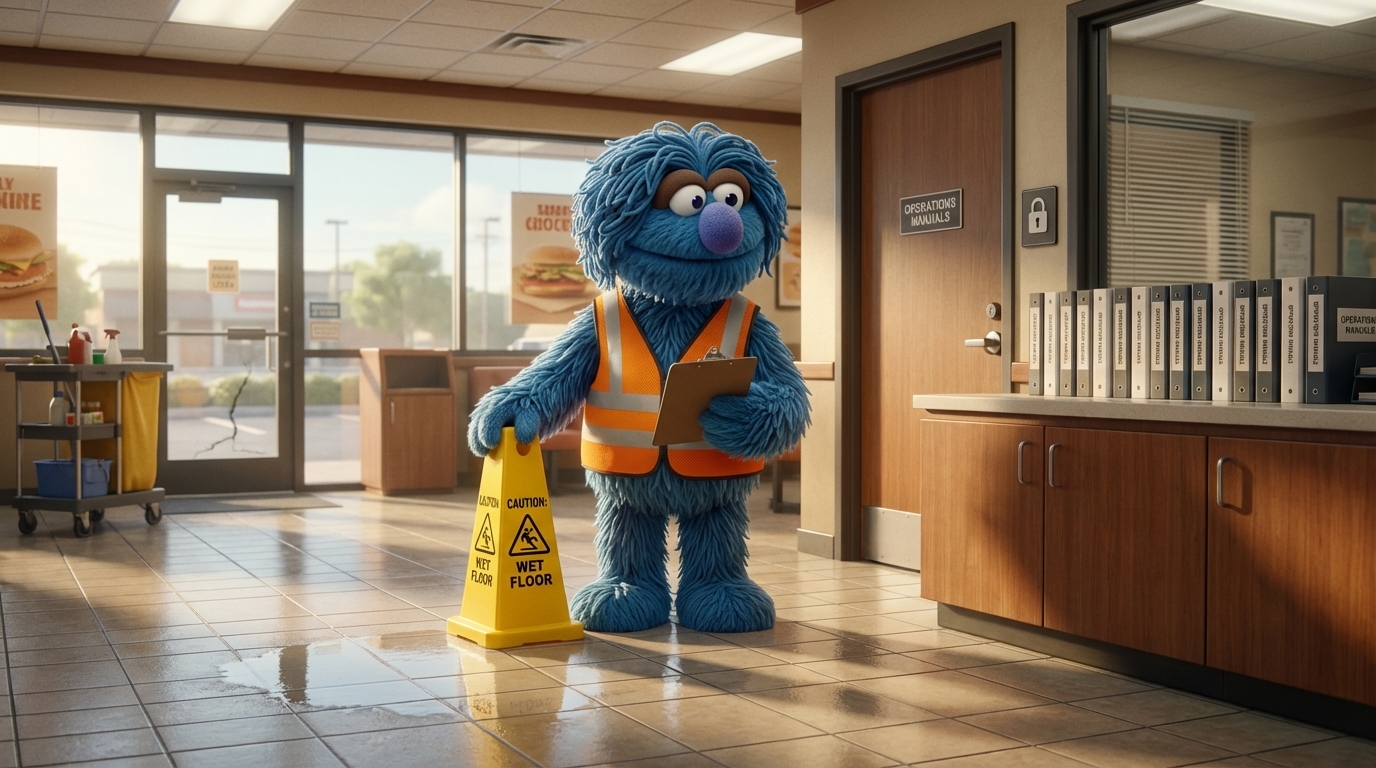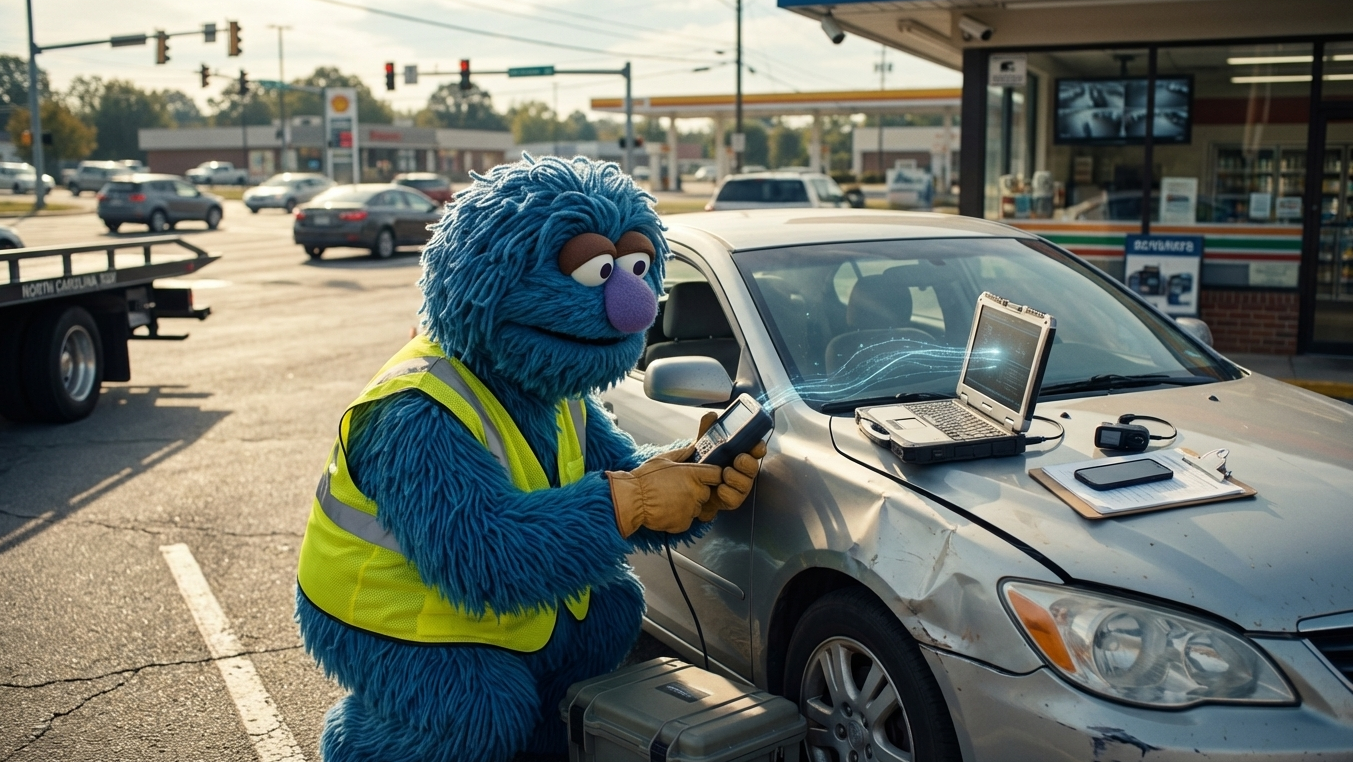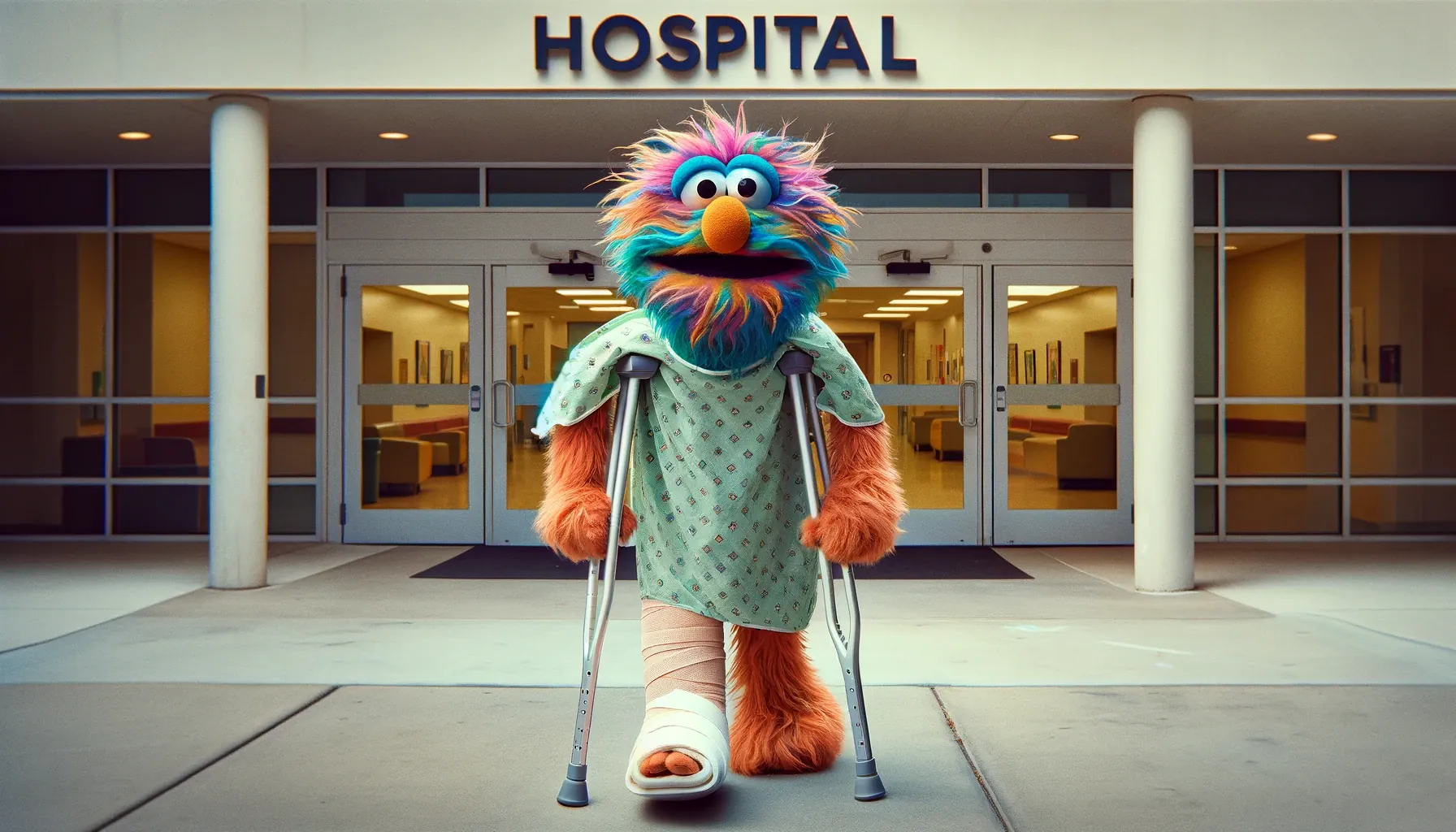Surviving the Discovery Process in North Carolina: A Guide for Plaintiffs
If you’ve been injured due to someone else’s negligence in North Carolina, you might find yourself navigating the complex world of personal injury lawsuits. The real groundwork of your case happens during a stage called discovery. Never heard of it? Don’t worry! In this article, we’ll break down what discovery means for plaintiffs and how to survive this crucial process.
What Is Discovery?
Discovery is the pre-trial phase where both sides of a lawsuit exchange information about the case. The goal is to uncover all the facts so both sides can assess the strength of their positions and prepare for trial (or hopefully, reach a fair settlement).
In North Carolina personal injury cases, discovery typically involves four main tools:
- Interrogatories: Written questions you have to answer under oath.
- Requests for Production of Documents: Demands for you to hand over relevant paperwork, photos, or other evidence.
- Requests for Admission: Asking you to admit or deny specific facts.
- Depositions: In-person questioning under oath, usually recorded by a court reporter.
Gearing Up for the Discovery Process
Before the other side starts firing off requests, you’ll want to get your ducks in a row. Here’s how:
- Gather Your Evidence: Round up all documents related to your injury. We’re talking medical records, accident reports, photos, witness statements – if it’s relevant, collect it.
- Get Organized: Create a system for your documents. Trust us, future you will thank past you for this step.
- Brace for Questions: The other side will likely ask about your injuries, how the accident happened, and how it’s impacted your life. Start thinking through your answers.
- Document Your Journey: Keep a detailed record of your injuries, treatment, and how they’ve affected your daily life. This information is gold during discovery.
Tackling Different Discovery Requests
Each type of discovery request requires a slightly different approach:
- Interrogatories: Answer honestly and completely, but stick to the facts. Your attorney can help you craft responses that are truthful without oversharing.
- Requests for Production: Provide the documents requested, but your attorney will make sure you’re not handing over anything privileged or not discoverable.
- Requests for Admission: Be very careful here. Admitting or denying facts can have a big impact on your case. Work closely with your lawyer on these.
- Depositions: This is often the most stressful part for plaintiffs. You’ll be questioned under oath, likely by the defense attorney. Preparation is key – your attorney will help you practice and feel more comfortable.
Overcoming Common Hurdles
Discovery isn’t always smooth sailing. You might face:
- Invasive Requests: Sometimes the other side asks for information that seems too personal or irrelevant. Your attorney can object to inappropriate requests.
- Emotional Stress: Rehashing painful memories during discovery can be tough. Don’t be afraid to lean on your support system or seek professional help if needed.
- Privacy Concerns: While you do have to be transparent during discovery, you still have rights. Your attorney will help balance openness with protecting your privacy.
Your Attorney: Your Discovery Ally
Your personal injury attorney plays a crucial role during discovery. They’ll guide you through the process and help you prepare responses while protecting your rights by objecting to improper requests and meeting the important deadlines.
Keys to Discovery Success
To make it through discovery like a champ:
Be Honest: Lying under oath is a big no-no and can torpedo your case.
Stay Organized: Keep your documents and information easily accessible.
Communicate: Tell your attorney about any concerns or new information that comes up.
Meet Deadlines: Discovery has strict timelines. Mark your calendar and stick to them.
Conclusion
The discovery process might not be the most exciting part of your personal injury case, but it’s absolutely critical. By understanding what to expect and working closely with your attorney, you’ll be well-equipped to navigate this stage successfully. Remember, the work you put in during discovery lays the foundation for a strong case – whether that means a favorable settlement or a win at trial.
For folks in Winston-Salem, Rockingham County, or anywhere else in North Carolina dealing with a personal injury case, knowing how to handle discovery is a game-changer. It might seem daunting now, but with the right preparation and legal guidance, you’ve got this!
Is there something we can help you with?
Fill out this form and we’ll reach out quickly to learn more about your situation. We’ll never pressure you. We’re just here to help you understand your rights. Keep in mind, we aren't your lawyers yet—so don't tell us anything that you would not want the other side to know!
The Eggshell Plaintiff: How North Carolina Law Protects You if a Car Accident Worsens a Pre-Existing Condition

Crossing the Center Line: Navigating Liability and Recovery After a Head-On Collision in North Carolina

The Hidden Financial Costs of a Serious Injury in North Carolina: What Your Personal Injury Claim Can Cover

Injured at a Chain Restaurant in North Carolina? Who’s Liable—Franchisee, Franchisor, or Both?

How Digital Evidence Can Make or Break Your North Carolina Personal Injury Case

Wrongful Death vs. Survival Actions in North Carolina: A Clear Guide for Grieving Families

Injured with a Preexisting Condition? How North Carolina’s Eggshell Plaintiff Rule Protects Your Personal Injury Claim

Health Insurance Liens Simplified

What to Do If You Think Your Doctor Has Made a Mistake

What Does it Mean to Hire a Lawyer On a Contingency Fee?

